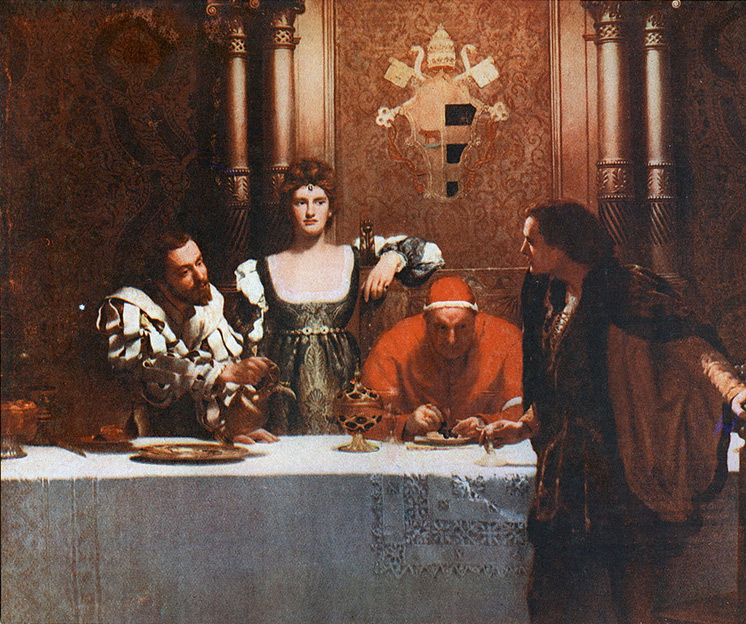with many a flirt and flutter,
Copy and paste as one line http://ir.uiowa.edu/cgi/viewcontent.cgi?article=1832&context=etd<br> We are often startled by close, sudden, and unexpected encounters with birds when they fly away from their hidings spots. In a fraction of a second, the feeling is like the heart fluttering in rhythm with their wings as our minds try to contemplate where the bird is going next. This may be due to most birds having higher metabolisms that humans, as second to us might be like 20 seconds to them. Readers might not start to feel such sensory effects that Poe intended until they reach the purposefully capitalized "R" of the symbolic Raven as the bird figuratively flies over Poe's head and human senses and into his bed chamber, mind, and poem. Walt Whitman also uses similar bird mannerisms to produce heightening sensory effects in "A Word Out of the Sea": ...."From such, as now they start, the scene revisiting, As a flock, twittering, rising, or overhead passing, Borne hither—ere all eludes me, hurriedly,".... "every day the he-bird, to and fro, near at hand"...."Over the hoarse surging of the sea, Or flitting from brier to brier by day, I saw, I heard at intervals, the remaining one, the he-bird" .... "O night! do I not see my love fluttering out there among the breakers?" Both authors are moved enough to "speak" to the birds which symbolize their both authors' states of despair and mourning. Adam Cunliffe Bradford touches on this in his book, "Communities of death: Walt Whitman, Edgar Allan Poe, and the nineteenth-century American culture of mourning and memorializing", "Whitman’s songs, spurred to life by the mockingbird’s aria and sung in response to it, necessarily weaves the previous melodic elements of both of these songs into his own transcendent aria" Bradford, Adam Cunliffe. "Communities of death: Walt Whitman, Edgar Allan Poe, and the nineteenth-century American culture of mourning and memorializing." PhD (Doctor of Philosophy) thesis, University of Iowa, 2010. http://ir.uiowa.edu/etd/647. **

 Sara Willis here relates to Thoreau's disdain for those who seek to destroy their opponents and obtain a majority who makes all of the important decisions.
Sara Willis here relates to Thoreau's disdain for those who seek to destroy their opponents and obtain a majority who makes all of the important decisions.  .
. 

